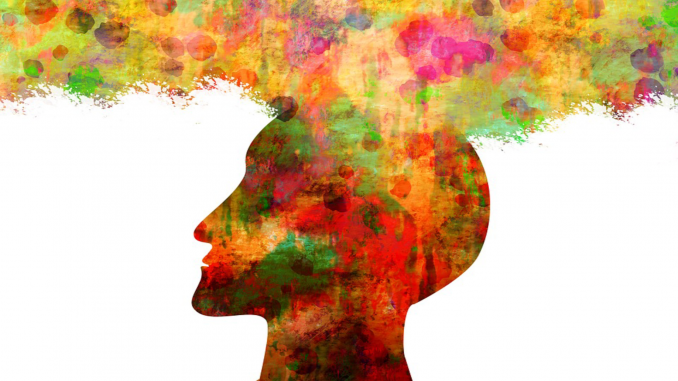
By Ian Ezinga
Up until this semester, I have never taken a philosophy class. Being friends and roommates with philosophy majors when I was 18 did not exactly help my perception of the study as a whole. But the readings and subsequent assignments I completed for my Introduction to Problems in Philosophy course have helped reorient my thinking on a few topics. Important among them is my fervent damnation of Disney.
It is worth disclaiming early on that I have never been to Disneyland or an affiliated theme park, nor did my parents have a cable subscription that allowed me unbridled access to the content that their television channel produced. I understand this disclaimer limits the value of my opinion on the matter to some who may read this, but in total honesty, I am quite thankful for my limited encounters with what I understand to be one of the more damaging imaginative voids that American culture has handcuffed to the world’s psyche. To break down my contention, I will briefly examine their parks, movies and television, and why they seek to hinder our creativity and imaginations.
The theme parks, that I was for a short time jealous of kids who could afford to go, now stand in my head as great altars. Places of sacrifice where people lay down their own imaginations, and money, to a deity which they assume presents them a more refined imaginative world. It is true that there are spectacles to be seen at these parks. But what are these spectacles compared to the world around us? I would argue that they hardly compare. The lives that people are escaping to go to Disneyland can contain much more drama and excitement than the lives they assume when they wear their lanyards and take photos with mascots.
The movies and television, while not altogether evil, represent a similar action of presenting a reality for people to observe rather than feed the creativity needed to reimagine their own. Tuning in to shows or endlessly rewatching superhero or princess movies does not unlock a greater understanding of the world. Instead, it offers a reality to be enjoyed not by being an active participant but a passive observer. If a piece of media doesn’t inspire any action apart from reciting lines or mimicking responses, then it isn’t actually inspiring. This, of course, doesn’t mean these shows cannot inspire people. But my argument stands that they are designed more to sell young people stuff – a passive consumerist lifestyle being the most important product – than to inspire them.
Disney’s television and movies, in a similar way to the parks, do not outright encourage creativity and imagination. Instead, they provide an outlet to experience Disney’s reality by paying for it. Yeah, sure, it’s just media. What’s the big deal? Maybe not that serious, but I personally lament the loss which future generations will unknowingly carry when they relate their lived experiences more to television shows, movies, and video games than to other humans living and breathing around them. Again, this is not an anti-media piece, I happen to love entertainment. But Disney is a company. Is it wrong to assume that they are creating products designed to keep their audience glued to their screens rather than the world around them?
Creativity is not consuming media or simply replicating it in your own endeavors. Creativity involves seeing the world for what it is and finding ways to reimagine it. Disney, and other large media corporations, stifle this process by instead of presenting reality, present their trademarked version of it. Instead of children’s imaginations being cross-referenced with the world around them, it becomes all too easily juxtaposed against the reality that is presented to them. Think Plato’s Cave but the shadows are animated Disney characters. If you were to leave the cave, see reality, and try to return to tell of your findings, the shadow watchers wouldn’t hate you, they would just prefer the animated version.
After meeting their basic needs, humans instinctively seek out ways to better their experience on earth. Forever in our quest for safety, we are chasing, however fervently, the dreams which our minds present us. Disney and other large media corporations are trying to create a monopoly on the dreams we have and how we imagine them in reality. Sure we have a choice in what we watch or how we spend our money. But if they catch us young enough, we may become unable to imagine better alternatives than the pleasure palaces that are offered through their ever-growing media empire.
Disney is not a dream, it is a snow globe that you buy in a gift shop.
